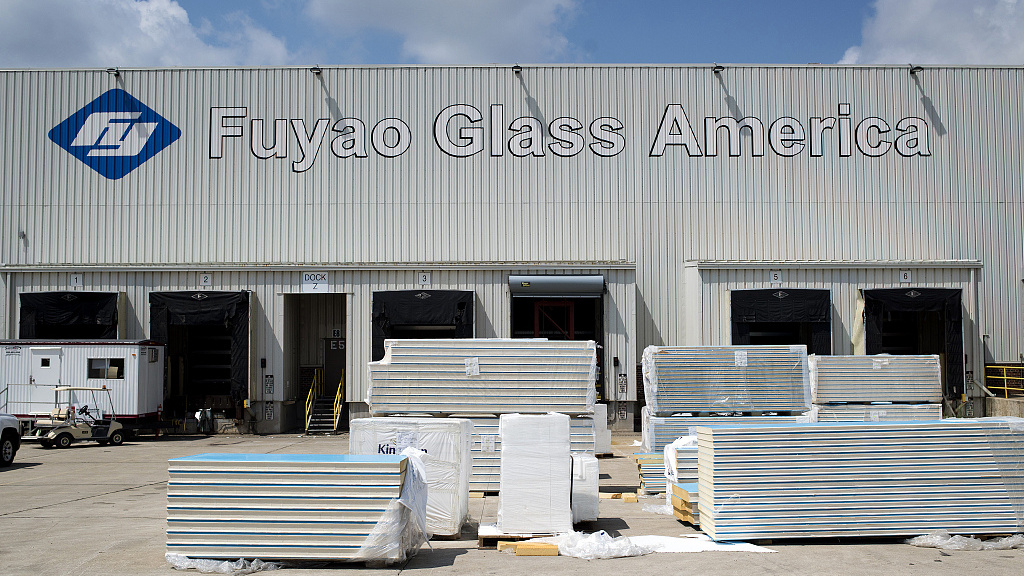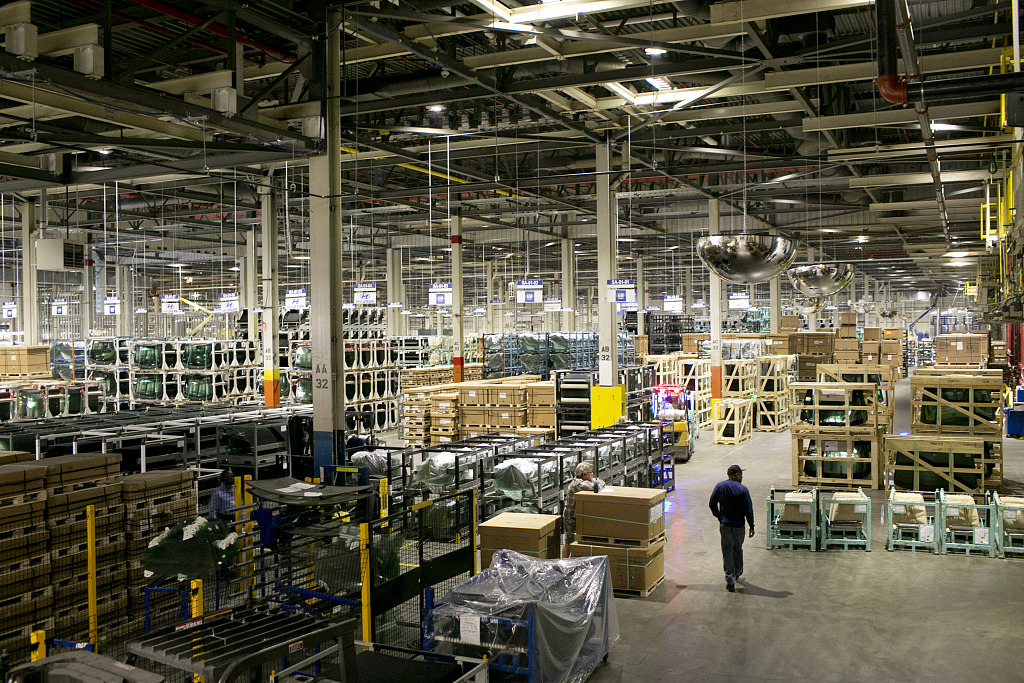

"Working in Fuyao Glass is the best thing going in town," said Arthur Dong, Professor at Georgetown University's McDonough School of Business.
"American Factory" is an American documentary which has incited debate both inside and outside the U.S., and also the first film from former U.S. First Couple Barack and Michelle Obama's Higher Ground Productions, premiered last week on Netflix.
The documentary examines the lives of blue-collar workers in the U.S. state of Ohio, who were laid off from their auto jobs in the 2008 recession. Some of whom were hired six years later by Fuyao, a Chinese manufacturer of automotive glass. Two thousand Buckeyes are hired to work shoulder-to-shoulder with experienced Chinese employees.
Early days of hope and optimism give way to setbacks as executive China clashes with working-class America, both the factory and employees are adapting.
This film started shooting in 2015 when the then U.S. administration encouraged Chinese companies to enter the American market. However, things have changed a lot in the past few years. Now "American Factory" has debuted, amid the year-long China-U.S. trade war.
So when people look at that movie now in retrospect, how to see the dramatic change taking place over the past five years or so?
"When Chinese companies make investments in the U.S., those investments do a lead to economic value and also wind up benefiting Americans and American society in many significant ways," Dong said.
According to him, one of the things that have been discussed is whether or not Chinese companies would be able to engage more actively in the U.S. economy and many Chinese companies, over the past dozen years or so, have expressed strong interest in terms of finding ways to invest in America; but as a result of policy, they are often met with a cold shoulder.

The faciliites of Fuyao Glass in Moraine, Ohio, the U.S., September 29, 2016. /VCG Photo
It is the time of globalization 2.0 nowadays, the dilemma of globalization, of supply chains and of factories and workers are always hot topics.
When it comes to the competitive forces of a global economy, Dong believes the companies like Fuyao Glass as well as general motors are not immune from it.
"Fuyao faces the same sort of very unrelenting amount of pressure as well as a very unforgiving economic environment. For Fuyao to survive and to justify their hundreds of millions of dollars of investment, they have to make that factory succeed," Dong said.
In other words, Fuyao's customers, such as Honda and Toyota, they all demand high-quality glass at a stipulated price. And Fuyao cannot meet those price conditions; they're going to be out of business.
Dong thinks there is nobody that understands their local economic circumstance better than those workers; they understand very clearly what the next best alternative is. The wages that they were conditioned to receive from General Motors was not going to be the same level of wages they would receive under Fuyao Glass. Working in Fuyao Glass is the best thing going in town.
Madeline Janis, Executive Director of the strategic policy center Jobs to Move America, also said that many assumptions about Chinese people were not caring about workers and communities are not true.
"On the other hand, there are Chinese stereotypes of Americans that are shown in the film. When you talked about American workers not supporting their companies, I think that is a stereotype. Most American workers strongly support their companies," Janis said.
(If you want to contribute and have specific expertise, please contact us at opinions@cgtn.com.)

Copyright © 2018 CGTN. Beijing ICP prepared NO.16065310-3
Copyright © 2018 CGTN. Beijing ICP prepared NO.16065310-3